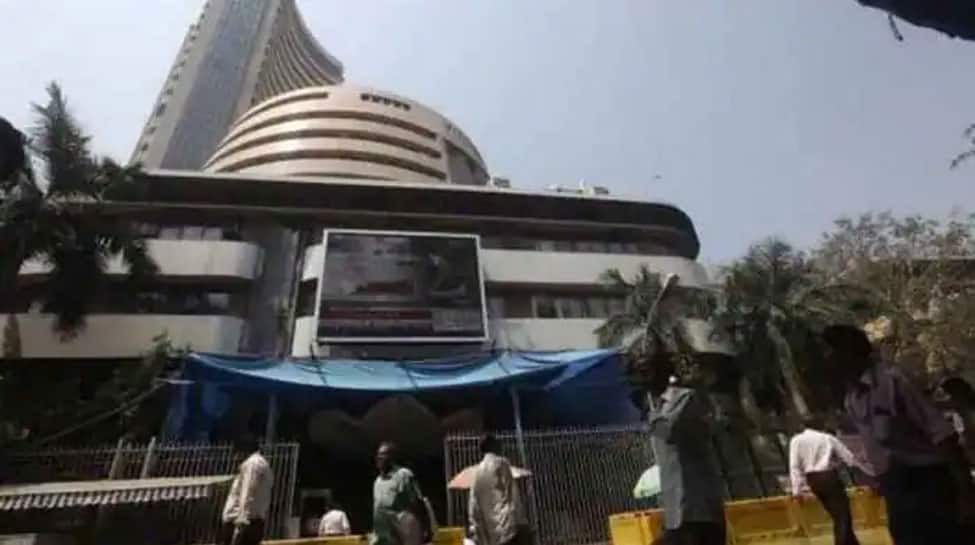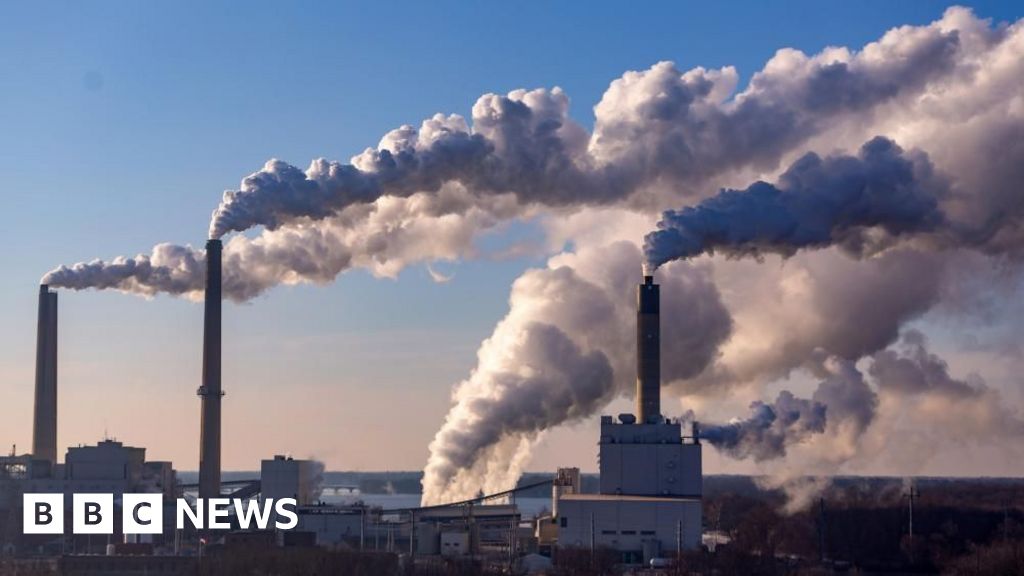Business
Power Division’s Integrated System Plan 2025-35 rejected by APTMA – SUCH TV

All Pakistan Textile Mills Association (APTMA) has rejected the Integrated System Plan 2025-35 prepared by the Power Division.
In a letter addressed to the National Regulatory Power Authority (NEPRA), the APTMA pointed out the wrong expenditure of additional electricity.
APTMA urged the power division not to approve the IGS plan for five years. APTMA said that the wrong expenditure of extra electricity was shown in the Plan.
The expenditure is too high in the IGS plan, and its estimated cost is too high. APTMA said that heavy capacity charges are imposed by showing additional grid demand.
APTMA said that capacity charges are increased from Rs2 to Rs17 per unit, and the government is paying Rs6 trillion under the head of capacity payments.
APTMA demanded that the limit of capacity charges be fixed at Rs 2 per unit. APTMA suggested that the correct expenditure on electricity production should be obtained.
Power consumption in industrial units has already decreased by 4 percent. APTMA said that one-third of farmers use solar systems on their tube-wells, and demand for electricity in the country is not increasing.
APTMA pointed out that basic mistakes in the IGS plan, and the increase in grid demand, are shown artificially.
Business
Sensex, Nifty decline over 1% amid heavy selling in IT stocks

Mumbai: The Indian stock market on Friday closed in the red as the benchmark indices Sensex and Nifty declined over 1 per cent. The indices were dragged by heavy selling in information technology (IT) shares.
Sensex crashed 1.25%, or 1048 points to end at 82,626.76, while the Nifty 50 dropped by 1.30% falling 336 points at 25,471.10. Nifty IT fell for the third straight session, declining about 5 per cent, amid the fears of Artificial Intelligence driven automation. At the time of market closing, Nifty IT was down 1.44 per cent.
At opening, the Nifty 50 index was down at 25,571.15, declining by 236.05 points or (-0.91 per cent). The BSE Sensex also opened lower at 82,902.73, falling by 772.19 points or -0.92 per cent.
Vinod Nair, Head of Research, Geojit Investments Limited said, “Domestic equities ended lower following a highly volatile session, weighed down by weak global cues ahead of the upcoming US inflation data. Sentiment gains from the US-India trade deal have faded as renewed AI-driven disruption fears weigh on risk appetite, with markets worrying that Indian IT firms dependent on labour arbitrage model may face tougher competitive pressure than their Nasdaq peers.
This cautious tone extended across the broader market, pulling all major indices into negative territory, with most sectors closing in the red.””Metal stocks saw profit-booking amid a stronger dollar index, as reports of Russia’s return to the US-dollar settlement system heightened expectations of potential sanctions relief and raised concerns over weaker realisations for metal companies. Realty stocks declined on the back of weak results and delayed launches,” he said.
Vatsal Bhuva, Technical Analyst at LKP Securities said, “Bank Nifty slipped below a short-term consolidation range, indicating minor profit booking after the recent up move. However, the index continues to trade above its 20-day moving average placed near 59,700, which remains a crucial short-term support. The immediate support is seen in the 59,800-59,700 zone, while a stronger base is placed near 58,800-58,700. The broader bullish structure remains intact as long as the index sustains above 59,700. RSI around 54 is flattening, suggesting momentum is cooling. Resistance is placed near 60,800-61,000.”
Jateen Trivedi, VP Research Analyst – Commodity and Currency, LKP Securities said, “Rupee traded slightly weak by Rs 0.06 at Rs 90.61 against the dollar, while the dollar index remained flat near 97.00, keeping overall momentum range-bound. Immediate support is placed near Rs 90.90, whereas resistance is seen around Rs 90.25. With US CPI data due this evening, volatility is expected to rise. Depending on the inflation outcome, rupee could witness a gap opening on Monday, and any decisive break on either side may set the next directional trend.”
Business
Trump revokes landmark EPA ruling that greenhouse gases endanger public health

The White House calls it the largest deregulation in US history, but environmentalists say it will prove costly for Americans.
Source link
Business
Reliance bags US licence to buy Venezuela oil; may help replace Russian crude: Report – The Times of India

Reliance Industries (RIL) has been granted a general licence by the Donald Trump administration that will allow the company to crude oil directly from Venezuela without breaching any existing sanctions, a Reuters report has said.According to the report, this general licence permits the acquisition, export, and sale of oil sourced from Venezuela that has already been produced, as well as its refining. Reliance had submitted its licence application in early January.Recently, US President Donald Trump removed the 25% punitive tariff on India and said that New Delhi would increase its purchases of oil from the United States and possibly from Venezuela as well.Earlier this month, after US authorities detained Venezuelan President Nicolas Maduro, officials in Washington indicated that sanctions on Venezuela’s energy sector would be relaxed. The move is intended to support a proposed $2 billion oil supply arrangement between Caracas and the United States, along with a broader $100 billion initiative aimed at rebuilding the nation’s oil infrastructure.
Venezuelan oil to replace Russian supply?
Issuing such approval to Reliance may accelerate Venezuela’s crude shipments while potentially lowering feedstock expenses for the company, which operates the world’s largest refining complex, the Reuters report said.Earlier this month, Reliance bought 2 million barrels of Venezuelan crude from trading firm Vitol. The trader, along with Trafigura, had been given US approvals to market and sell large volumes of Venezuelan oil following the capture of President Nicolas Maduro.Buying Venezuelan crude directly would allow Reliance to substitute Russian supplies in a more economical manner, as heavy oil from Caracas is typically available at discounted prices, the report said.Also Read | Trump removes 25% penal tariff: What happens if India stops buying Russian crude oil?Refining and trading sources said Indian refiners, including Reliance, are refraining from securing Russian oil cargoes for April delivery and are likely to continue avoiding such deals for some time. Reliance has in the past been a consistent buyer of Venezuelan crude for use at its sophisticated refining facilities but suspended imports in early 2025 after US sanctions were imposed. The company currently operates two refineries with a combined processing capacity of roughly 1.4 million barrels per day.
-

 Entertainment1 week ago
Entertainment1 week agoHow a factory error in China created a viral “crying horse” Lunar New Year trend
-

 Tech7 days ago
Tech7 days agoNew York Is the Latest State to Consider a Data Center Pause
-

 Business3 days ago
Business3 days agoAye Finance IPO Day 2: GMP Remains Zero; Apply Or Not? Check Price, GMP, Financials, Recommendations
-

 Tech1 week ago
Tech1 week agoPrivate LTE/5G networks reached 6,500 deployments in 2025 | Computer Weekly
-

 Tech7 days ago
Tech7 days agoNordProtect Makes ID Theft Protection a Little Easier—if You Trust That It Works
-

 Business1 week ago
Business1 week agoStock market today: Here are the top gainers and losers on NSE, BSE on February 6 – check list – The Times of India
-

 Business7 days ago
Business7 days agoMandelson’s lobbying firm cuts all ties with disgraced peer amid Epstein fallout
-

 Fashion3 days ago
Fashion3 days agoComment: Tariffs, capacity and timing reshape sourcing decisions









